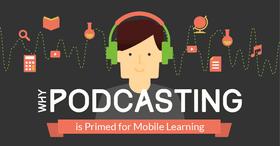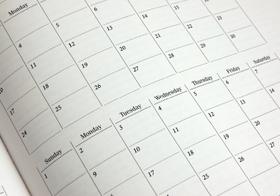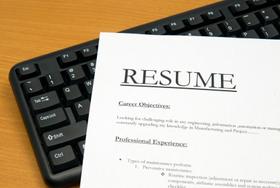Social media such as Facebook, Twitter, Instagram, and YouTube are real game-changers for communicating opinions and ideas. Inevitably we teachers will use social media to keep in touch with our friends and family. However, we teachers tend to be a tad naive and trusting especially when it comes to social media. So, with that in mind, let's look at some simple safeguards which you can put in place to protect yourself. Essentially you need to make sure that you leave no electronic evidence which could damage you, your reputation, and your career.
Protect your privacy.
Many teachers don't realize that the conversations, activities, and photographs which they considered personal and private are out there for anybody to see when they post on social media. When you do anything on social media, you have to understand that you are leaving an electronic trail of all kinds of information for potential employers, or anybody, for that matter, to see. Why does this matter? It matters because you never know how a future or current employer might interpret some of the things he sees on your Facebook page. Those candid photos of you and your friends enjoying a post-exam beer bash in college might be difficult to explain when you apply to St. Andrew's Methodist School. If you already have a position in a private school, be assured that your students will be searching the internet with a fine toothed comb looking for something - anything - about you. Make sure that whatever they find is squeaky clean and beyond reproach. If it isn't, the headmaster and trustees will learn about it faster than you can say "You're fired!"
Now, I know that you are probably thinking that you can protect yourself by configuring the privacy settings in your various social media profiles. Limiting your circle of friends and family, however, will not prevent anyone in your circle from forwarding any or all of your posts. Once your posts get outside of your circle of friends, then all bets are off. What does this mean from a practical point of view? It means that you need to think carefully, very carefully, about what you post online. The same caution applies to your comments on other people's social media posts. Your comments will become part of the thread which gets forwarded around cyberspace.
The authorities can search your electronic devices.
Another reason for being cautious about what you post and comment on is the questioning which you might encounter when arriving back in the United States from a foreign country. An officer of Customs and Border Protection can ask to examine your smartphone and tablet to see your postings on social media sites. The officer will also be reviewing which social media sites you follow. If the authorities find anything questionable, they could seriously delay your entry into the U.S.A. or, worse yet, deny you entry. So, it just makes sense to avoid posting inflammatory comments as well as not following questionable sites.
Twitter is one of the hottest instant communications tools available. This ubiquitous app is great for zapping comments back and forth with your friends and, indeed, the world. But what happens if you make some frank comment about what a pain your Dean is or how fat the Athletic Director is? How do you know that your comments won't be retweeted to somebody else who knows your dean or that rotund AD? Next thing you know you are not even being considered for the teaching job for which you are applying and you can't figure out why.
Years ago when communication was done the old-fashioned way by writing letters or speaking with people, the risk of damning information getting into the wrong hands was considerably less. Sure, people did send anonymous letters or gossiped. But most employers didn't pay much attention to that sort of questionable information. But a text message or a photo on Facebook or MySpace? Well, that's a whole different matter. That information is out there for everybody to see. It gets forwarded and copied. Make sure that you are very particular about who sees your photos and private information by tweaking your privacy settings.
YouTube, Instagram, and Snapchat are just as worrying. With everybody shooting video with their smartphones and posting those video clips for the entire world to see, be as circumspect as possible. Appearing in a clip at a popular gathering such as the Boston Marathon or posing with members of the swim team upon arriving at the airport are acceptable. However, a video of you window shopping in Amsterdam's red light district would not be a good advertisement for your fine moral character, even if all you were doing was walking down that infamous street. Use your common sense.
Finally, many teachers blog. I recommend checking with your head of school or department head to see if the school has any policies in place regarding blogging. It is always better to be safe rather than sorry. If the school authorities are aware of your writing and have no difficulty with your doing so, then blogging can be a good thing as long as you are careful. Always be professional. Don't leave yourself open to criticism by expressing controversial views or opinions about your school, colleagues or students at your school, Journalists use blogs as sources of information for their stories. You might not want to see yourself quoted out of context now, would you? You will have plenty of explaining to do when that happens.
Finally, and this is probably the most important advice which I can offer, never "friend" or "follow" or email your students. Even innocent words of encouragement can be misinterpreted. In any case, most schools will have very clear policies in place dealing with how teachers can communicate with their students. Using your social media apps generally will not be permitted.
When you want to post photos of your class trip to the museum, send those photos to the member of staff who handles your social media. She will post them under the school's account. Nobody will look askance at that. When in doubt, ask. Don't be impulsive. Ask first.
Anything which you post online or send in an email has a shelf life of forever. Make sure that you leave no evidence.
Questions? Contact me via Twitter. @privateschoolreview






















